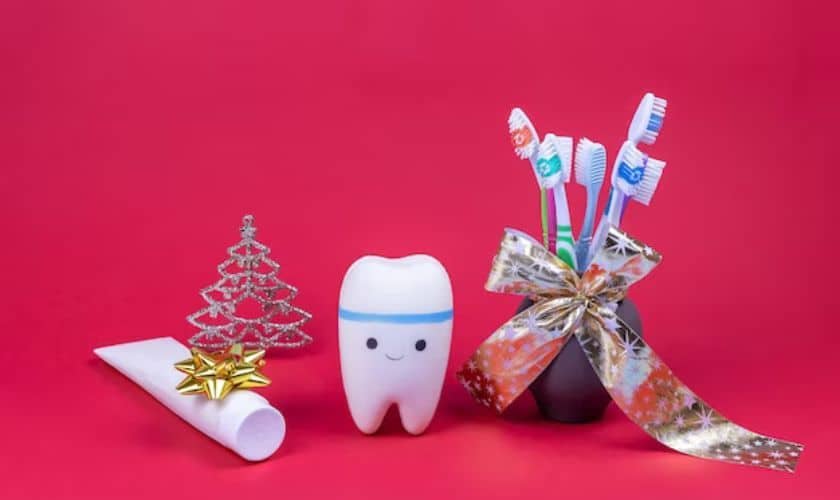When you’re dealing with a disorder or disease of any kind that affects your oral health, it’s safe to assume that there are going to be some associated complications. When it comes to handling bruxism disorder, the same is true. The good news is that you don’t necessarily have to have a run in with any of these serious issues if you are willing to do something about the disorder. However, if you leave it unchecked for some time or procrastinate, complications will certainly arise. Allow us to address your questions with a Q&A session.
Questions and Answers: Bruxism
Question: I’ve heard that bruxism disorder is often “silent,” and that patients aren’t always even aware that it’s happening. If this is the case, how can I protect myself from complications if I don’t know it’s affecting me?
Answer: First, if someone makes comments that refer to potential grinding or clenching that they’ve noticed from you, let us know. Second, keep scheduling six-month visits with us. It’s during your checkups that we will detect the problem on your behalf.
Question: I’m concerned because I’m struggling with bruxism disorder due to misalignment. What if I align my teeth but my bruxism still continues? Is there anything I’ll be able to do at that point?
Answer: Of course. We will suggest bruxism treatment, which means you’ll wear a smooth, comfortable, plastic mouthguard over your teeth. It’s soft and cushioning, keeping the pressure and grinding from affecting your smile.
Question: If I didn’t catch my bruxism disorder immediately, does that mean I’m definitely headed toward serious problems like broken teeth?
Answer: Nope. If you are not already experiencing these problems, we can prevent them from occurring with oral appliance therapy! If damage has already begun to occur, we can restore your smile and stop future damage from happening.





